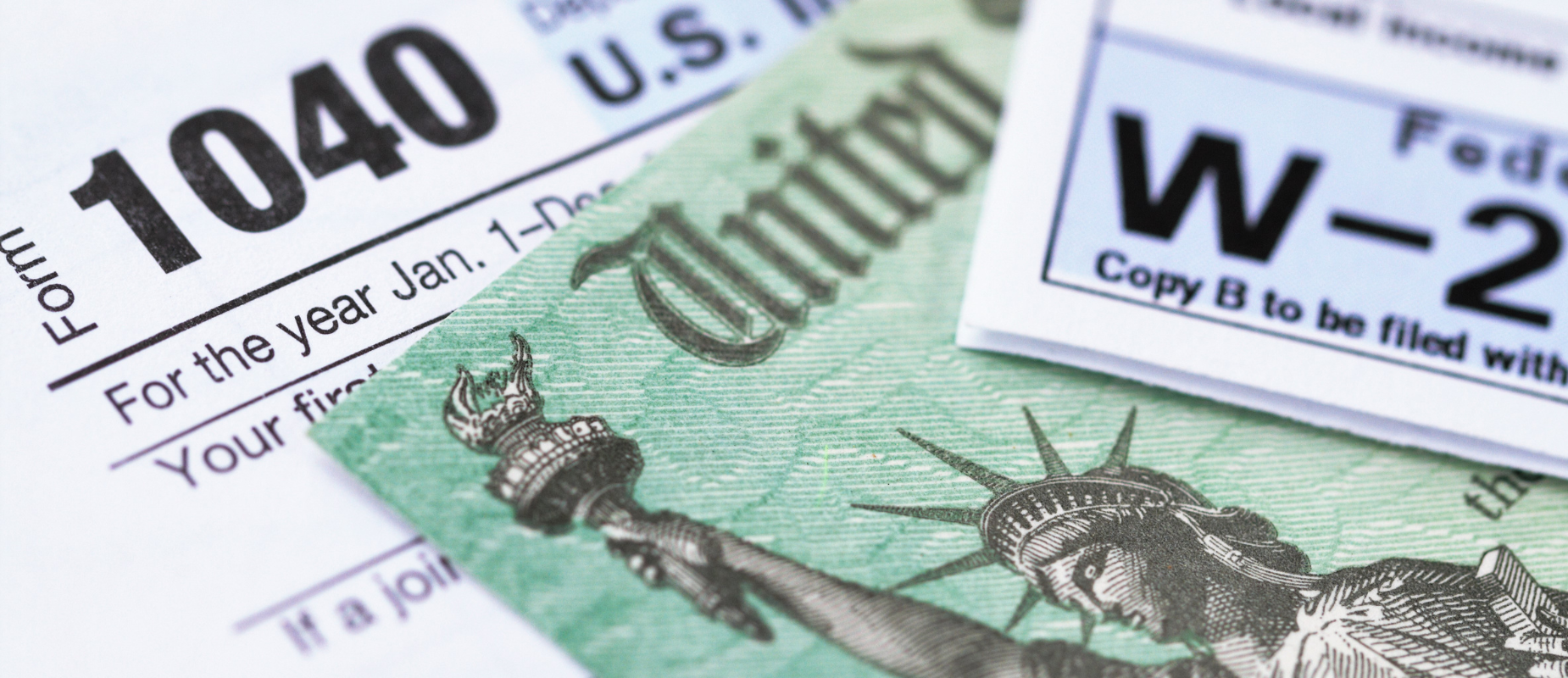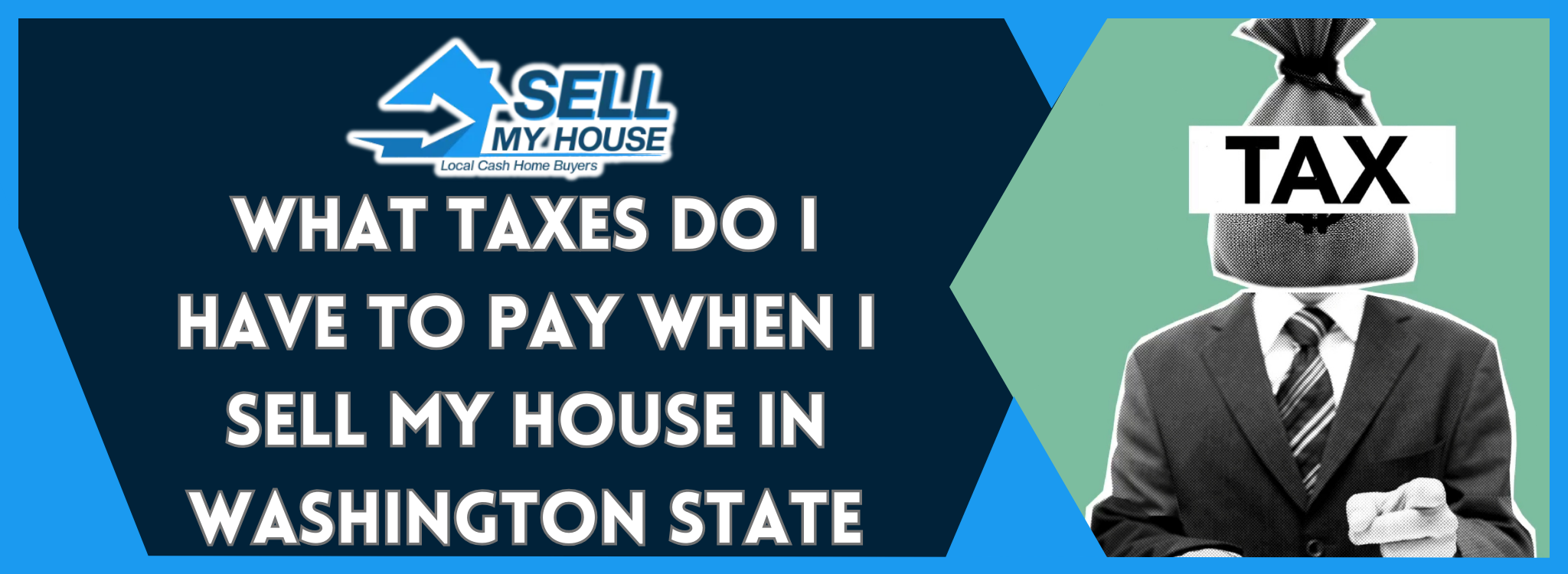
Key Tax Considerations When Selling a Home in Washington State
Selling a house in Washington entails paying several taxes, which might impact your financial situation. Understanding home-selling taxes, property taxes in Washington, and real estate transaction taxes allows you to make informed decisions and prevent surprises.
What Types of Taxes Are Applicable?
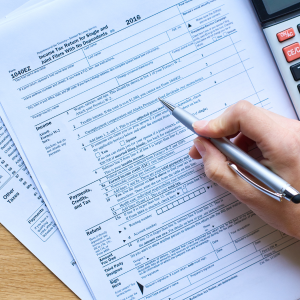
When selling your home, you should know about these key taxes:
- Home Sale Taxes: These can include capital gains taxes on the profits from your sale.
- Property Taxes in Washington: Sellers usually pay these taxes until closing. It’s important to know the local rates.
- Real Estate Transaction Taxes: Local taxes may be charged on property sales in the state.
- State Tax on Property Sale: Follow Washington’s rules to avoid penalties.
How Does the Washington State Excise Tax Work?
The real estate excise tax is a major part of selling a home in Washington. The seller pays this tax based on the property’s sale price.
- Washington State Excise Tax: Its progressive rate, depending on property value, ranges from 1.1% to over 3%.
- Real Estate Excise: Include this cost early on to plan properly.
- Real Estate Transfer Tax Washington: Know the details to avoid any last-minute issues at closing.
Are There Exemptions Available?
Some exemptions can potentially lower the taxes you owe when you sell your home:
- Home Sale Exemptions Washington: Certain qualifying expenses could be excluded.
- Primary Residence Exclusion: If your home was your primary residence for two out of the last five years, you might exclude up to $250,000 ($500,000 for married couples) from federal taxes.
- Capital Gains Exclusion Washington: Understanding these exclusions helps you plan effectively.
- Home Sale Tax Strategy: Develop a plan to make the most available exemptions and reduce taxes.
Common Misconceptions About Home Selling Taxes in Washington
Learning about house sale taxes in Washington State entails separating misconceptions from realities. Misunderstandings concerning federal taxes, state restrictions, and general tax implications can lead to errors.
Is All Profit From the Sale Taxable?
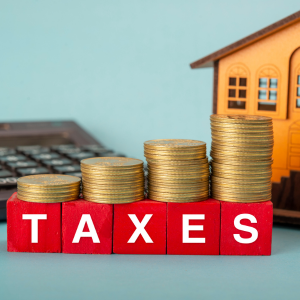
Not every dollar of profit from selling a house is taxable:
- Capital Gains Taxes: These apply only to profits over certain exclusion limits.
- Primary Residence Exclusion: If you meet the criteria, this can greatly reduce taxable gains.
- Capital Gains Exclusion Washington: Effective exclusions use requires careful planning and documentation.
- Income Tax House Sale: Knowing which parts of your gain are taxed can prevent surprising tax bills.
What Are the Differences Between Federal and State Taxes?
It’s important to understand the different taxes when you sell your house:
- Federal Taxes: These may tax the gains as ordinary income or capital gains.
- State Taxes: Washington has its tax laws, such as excise taxes, separate from federal rules.
- Washington State Tax Laws: Knowing state and federal responsibilities helps you stay compliant and manage taxes wisely.
Strategies to Minimize Tax Liability When Selling a House
Selling a home might raise significant tax problems, but recognizing these issues can lower your tax liability. Here are some strategies for the homeowners in Washington:
Can Improvements Increase Your Cost Basis?
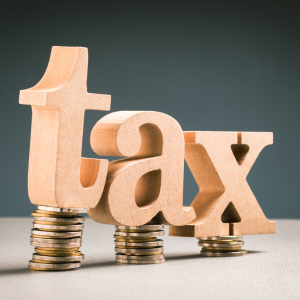
Home upgrades can help alter your cost base when selling a home in Washington. Increasing your cost basis may reduce the taxable gain on your sale, thereby lowering your tax liability. Common upgrades include adding new rooms, installing energy-efficient windows, and updating kitchens and bathrooms. These are eligible for real estate tax deductions in Washington, which can lower your capital gains upon sale
What Role Does The Primary Residence Exclusion Play?
The primary residence exception is critical in determining tax liability on a house sale. If your property is your principal residence, you may be eligible for a federal capital gains exclusion. This allows you to exclude up to $250,000 (or $500,000 for married couples) in capital gains from your federal tax home sale. Understanding the conditions for this exclusion might help you maximize your benefits.
Are There Other Deductions Available?
Aside from the principal residence exception, Washington residents can take advantage of additional tax breaks. Consider saving money by deducting closing fees for sellers and claiming relocation expenses if relocating for work. Look through Washington homeowner tax guides to see what is deductible. These deductions can help lower your tax liability during a property sale.
Navigating Capital Gains Taxes for Washington Homeowners
Understanding individual tax regulations and tactics is critical for Washington homeowners seeking to manage capital gains taxes.
How Do You Determine The Capital Gains On Your Home?
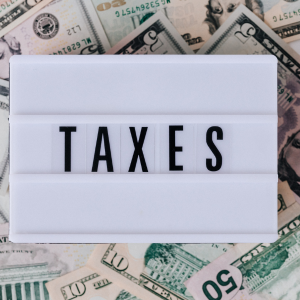
To calculate capital gains, start with your home’s sale price. Subtract your adjusted cost basis, including the purchase price, qualifying improvements, and selling expenses. The calculation under Washington state tax laws is:
[ Capital Gain = Sale Price – (Adjusted Cost Basis + Selling Expenses) ]
This helps determine the taxable amount from your home-selling capital gains.
What Is The Impact Of Long-Term vs. Short-Term Ownership?
How long you own a home affects your tax rate when you sell:
- Long-term ownership (more than one year) usually means a lower capital gains tax rate.
- Short-term ownership (less than one year) often results in higher taxation based on ordinary income rates.
Knowing these differences helps plan the best home sale tax strategy.
Are There Specific Rates For Primary vs. Secondary Homes?
Primary residences and secondary dwellings may have different tax rates. The Washington capital gains exclusion offers significant tax relief for primary residences. Secondary residences may not be eligible for such exclusions, resulting in differing tax implications. When selling a house in Washington, examine these aspects and seek expert guidance when needed to better understand the tax situation and enhance your financial prospects.
Impact of Local County Taxes on Your Home Sale
Selling a home in Washington state requires understanding how local county taxes may affect your sale. Tax restrictions vary in each county, including King, Clark, Snohomish, and Pierce. These distinctions can influence how much money you keep after selling your house.
Are There Different Tax Implications In King County Vs. Clark County?
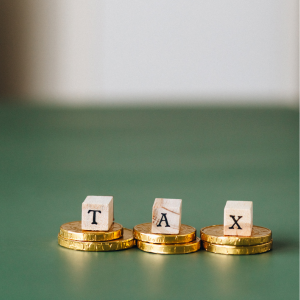
Yes, the tax rules for home transactions differ in King and Clark counties. Local taxes can affect how much you owe when selling your home. Understanding Washington state property tax rules is critical. Higher property prices in King County may result in taxes that are different from those in Clark County, including additional fees or perks. To increase their net profit, sellers should get familiar with the specific tax details in these countries.
What Should Sellers Expect In Snohomish And Pierce Counties?
Sellers in Snohomish and Pierce Counties face distinct tax restrictions that impact house transactions. Sellers should be familiar with Washington state tax regulations to sell their homes successfully. Understanding local property taxes will help you create a cost-cutting approach. Each county may have its assessments and rates. Therefore, it is critical to examine these specifics ahead of time.
How Do You Find Out About Local Tax Rates?
Knowing the local tax rates is essential when selling real estate in Washington. To obtain this information, homeowners might consult a Washington homeowner tax guide. This tutorial explains real estate taxes and the rates you’ll pay when selling property in the state. Contact your local county tax office or website for up-to-date tax rates.
Real-World Examples of Tax Implications
Examining actual data helps to clarify Washington’s tax impact from house transactions. Cities like Spokane and Seattle offer insightful real estate transaction tax management analysis.
What Can Homeowners Learn From Recent Sales In Seattle?
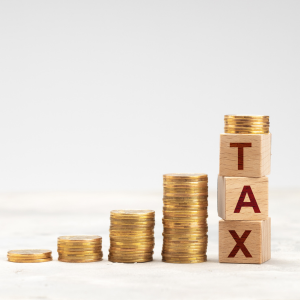
Recent Seattle home sales demonstrate how sellers could manage home sale exemptions under Washington law. Accurate tax computations help you optimize your net earnings and grasp your liabilities: To maximize your income upon sale, consider capital gains tax and any deductions accessible.
How Did A Typical Sale In Spokane Handle Tax Obligations?
Managing tax responsibilities in Spokane entails knowing the tax consequences of a house transaction. Following Washington’s real estate tax laws is vital. Additionally, conscious of any applicable federal tax laws should be sellers. Drawing lessons from conventional sales can help you to properly and effectively fulfill all tax obligations.
Salespeople seeking these complications should consult tax experts familiar with Washington’s real estate rules. This will enable you to manage financial effects effectively, increasing the property sale’s profitability.
How Professional Advice Can Aid in Understanding Taxes
Taxes can be difficult to understand, especially when selling a house. Consulting with professionals can provide important insights into the tax ramifications of selling your home. They assist you in determining whether you need to pay taxes and clarify your Washington State tax obligations.
Why Consult a Tax Professional Before Selling?
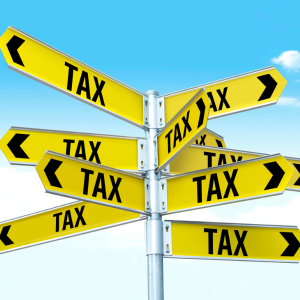
It is prudent to seek counsel from a tax specialist before selling a home in Washington State. These experts discuss the tax ramifications of selling a house in Washington, including municipal tax regulations and home sale taxes. They can aid with tax calculations for home sales and advise on which legal fees may be tax deductible.
How Do Real Estate Professionals Assist with Tax Questions?
Real estate brokers are important not just for property transactions but also for real estate tax advice. Because of their knowledge of Washington real estate legislation, they are a trustworthy resource for managing tax-related concerns throughout a real estate transaction.
What Resources Are Available for Homeowners?
Washington homeowners can find a variety of tax-related resources. A Washington homeowner tax handbook contains thorough information. Furthermore, specific real estate tax forms make it easier to manage the tax burden while selling your home.
Preparing Financially for Selling Your Home
Financial readiness for selling your house depends on knowing your Washington State tax responsibilities. Understanding Washington State’s house sale tax laws is crucial, especially about how income tax affects house sales and the usual closing charges sellers incur.
How to Budget for Potential Taxes Owed?
Budgeting for prospective taxes due from house sale proceeds requires knowledge of likely taxes due when selling a residence. Accurate budgeting depends on knowing particular tax computations for Washington State property taxes and house transactions.
What Are the Typical Closing Costs Associated with Taxes?
Closing a property sale usually involves several expenses, particularly taxes. In Washington, these can include taxes connected to the sales closing procedure and escrow fees noted on the closing statement.
Can Mortgage Interest Affect Your Payable Tax?
Mortgage interest can affect your taxable amount. Mortgage tax issues in Washington could vary, particularly regarding sales of primary residences. Knowing Washington’s tax deductions and depreciation recapture helps lower your taxable income.
Complying with the law and optimizing your financial results depend on properly managing the tax elements of selling your house through extensive preparation and experienced advice.
Future Changes in Tax Laws: What Could Affect Sellers?
Dealing with new tax regulations can be difficult, especially for those seeking to sell their house. In Washington State, sellers must recognize changes in legislation that may affect the tax implications of selling a home. Being knowledgeable enables sellers to make wise decisions and avoid unforeseen tax consequences.
Are There Upcoming Legislative Changes To Watch For?
Anyone considering selling their home in Washington State should watch for potential legislative changes. New tax rules can affect how much you owe when selling a home. You must monitor state tax updates regularly or consult a specialist to determine how these changes affect your sales strategy.
How Can Homeowners Stay Informed About New Tax Rules?
Homeowners can use several methods to keep up-to-date with new tax rules:
- Sign up for newsletters from Washington State’s Department of Revenue.
- Follow reliable real estate and financial news websites.
- Join local forums and groups that focus on real estate and tax issues.
Talking to a tax advisor can also provide tailored advice and regular updates, helping homeowners meet their tax duties in Washington State.
What Past Changes Have Had Significant Impacts?
Looking at previous changes can help predict how future legislative changes would affect sellers. Important changes to Washington tax rules have impacted homeowners’ tax duties, particularly regarding deductions and credits. Knowing about past changes might help sellers plan for potential tax consequences when selling a home in Washington State.
Importance of Accurate Record Keeping for Home Sales
Maintaining proper records is critical when selling a home, especially with Washington home sale taxes. Good paperwork can help homeowners avoid financial and legal complications by efficiently guiding them through these transactions.
Why is maintaining thorough records essential?
Keeping detailed records is essential for several reasons:
- Tax Audits: Correct documentation can make the audit process easier and provide proof of your tax calculations.
- Tax Disputes: If disputes arise, having detailed records helps resolve issues more easily.
- Real Estate Transaction Taxes: Accurate records ensure you report things correctly and benefit from possible tax advantages.
What key documents should be retained for tax purposes?
Homeowners should keep the following key documents for tax purposes:
- Closing Statement: This document outlines all financial transactions related to the sale.
- Tax Forms: Such as Form 1099-S, which reports the sale proceeds.
- Receipts for Repairs and Improvements: These can adjust the cost basis of your property.
Keeping these documents supports correct tax calculations and compliance with Washington State regulations.
How do accurate records help during audits or disputes?
Accurate records are critical during audits or disputes because they:
- Reduce Tax Liability: By providing evidence that can lower reported gains.
- Support Claims: Records back up claims for deductions or credits.
- Lower Legal Fees: Quickly resolving audit questions can cut legal fees and tax dispute costs.
In short, keeping good records ensures compliance and protects against unexpected financial issues when dealing with home sales.
FAQs:
What Taxes Are Involved When Selling A Property In Washington State?
When selling property in Washington, you mainly deal with the Real Estate Excise Tax (REET) based on the sale price. Local areas might add extra taxes, so check regional rules.
Do I Need To Pay Taxes If I Sell My House In Bellevue, WA?
Yes, selling a house in Bellevue means paying the state’s Real Estate Excise Tax (REET). Rates can change, so verify current rates with local officials or real estate experts.
Are There Tax Incentives For Selling Property In Washington?
Washington doesn’t offer specific tax incentives for selling property, but knowing about exemptions and deductions can help you financially during the sale.
How Is The Real Estate Excise Tax Determined In Washington State?
Washington’s real estate excise tax is based on your property’s sale price. The rate is tiered, meaning higher-priced properties may have higher rates. Always check the latest state tax tables.
What Responsibilities Do I Have Regarding Taxes When Selling Property In WA?
As a seller, ensure the real estate excise tax is paid at closing. Usually, the escrow expert handles it, but it’s important to confirm payment to avoid penalties.
Does The Supreme Court Affect Housing Taxes In Washington?
The Washington State Supreme Court usually doesn’t impact housing taxes directly, but it can influence laws that might change tax rules. Keeping up with policy changes helps you stay compliant.
What Resources Are Available To Understand The Taxes On Selling Property?
When selling property in Washington, use resources like the Department of Revenue’s website, real estate guides, and professional tax advisors to learn about taxes. These tools can help you get clear, tailored advice.
Are There Any Municipal Taxes When Selling Property In Urban Areas?
Yes, some places in Washington might have extra local taxes or fees besides the state excise tax. Check with local government offices or a real estate expert for accurate information for your area.
Key Insights
- In Washington State, taxes on selling a house include the real estate excise tax (REET), which varies according to the sale price and location, such as in Bellevue or other areas.
- A common question is, “Do I have to pay taxes when selling property in WA?” The answer is yes, usually involving the state portion of the REET.
- For the most cost-effective seller tax advice in Washington, consider consulting experts who can provide reviews and tips to minimize tax liabilities.
- Sellers need to understand how living in WA affects taxes. Changes in sales tax policy may impact the amount owed.
- Note that intangible factors, such as mortgage tax and day-to-day interest costs, might influence your financial decision.
- Generally, what you owe depends on the sale price and any applicable Washington DMV tax rules. Our portal explains these complex topics simply.
- To start paying taxes, use the online portal login for smooth processing and expert help.
- Seller tax advice in Washington often involves understanding mortgage tax effects and savings strategies to make wise financial choices.
- Many clients inquire about the Washington sale price tax and possible exemptions, emphasizing the need to stay informed through trusted sources.
Want to know the best way to sell a house in Washington? We’ve got you covered! Whether you’re in Seattle, Spokane, Tacoma, Bellevue, Everett, Renton, or any nearby area, our expert insights apply across the entire state. Plus, if you’re looking for a hassle-free sale, we buy houses in any condition, offering a quick and convenient solution. Read on to learn more about the home-selling process, and if you need personalized assistance, don’t hesitate to Contact Us at (253) 289-3773 .
Get Your Free Offer TODAY
We buy houses in any condition. No realtors, no fees, no repairs, no cleaning. Find Out How Much We Offer For Your House In Cash! Get a solid offer today!

